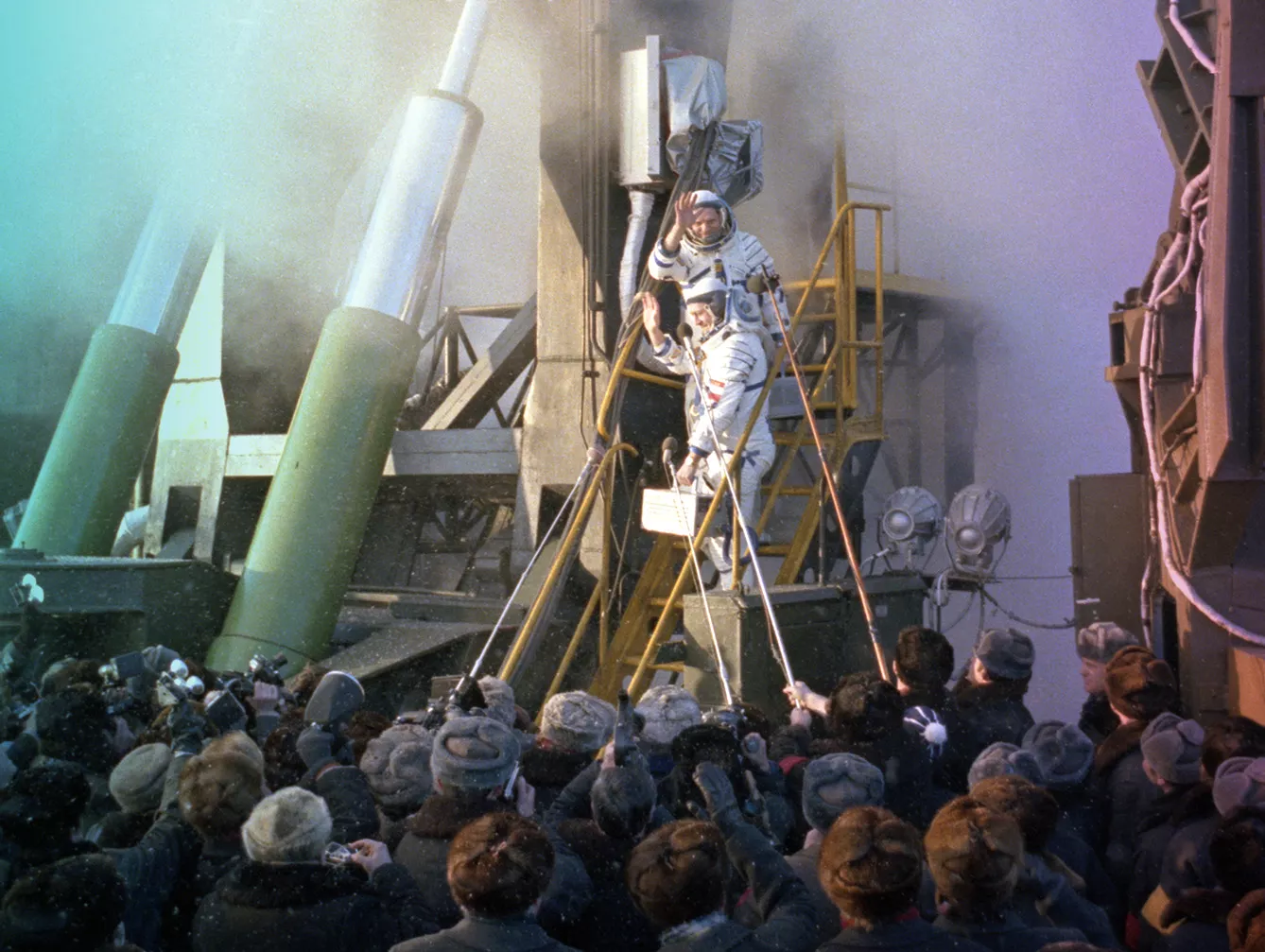Even those of us who were not yet here in the 1990s surely heard something of the American-Soviet Space race – the origins of today’s space programs. With science in mind and military threads appearing here and there these days, it feels more like humanity’s collective effort.
Cosmonauts, the (not always) Soviet heroes
But it hasn’t always been so. The former American-Soviet space race stood up to this name: it indeed was a race, the main prize of which being somewhat unclear yet guaranteed for the winner. The spinoff? Fear-fueled pop culture, from Star Wars to making astronauts heroes of our imagination.
Within the prevalent American influence on culture, we tend to see its space program as successful, unlike its Soviet counterpart. This was reinforced by general resentment towards the USSR. Take this joke, for instance:
– Listen, listen! The Soviets went to Space!
– All of them?
– No, just three for now.
– Shut it then! That’s no reason to wake me up!
In all this attitude, we tend to overlook the longevity of the space race and the Soviet accomplishments that fueled it all along – sending the first animal, dog Laika, and then the first man, Yuri Gagarin, to space; setting the first artificial satellite on the Moon’s orbit; first space station; and first Mars landing.
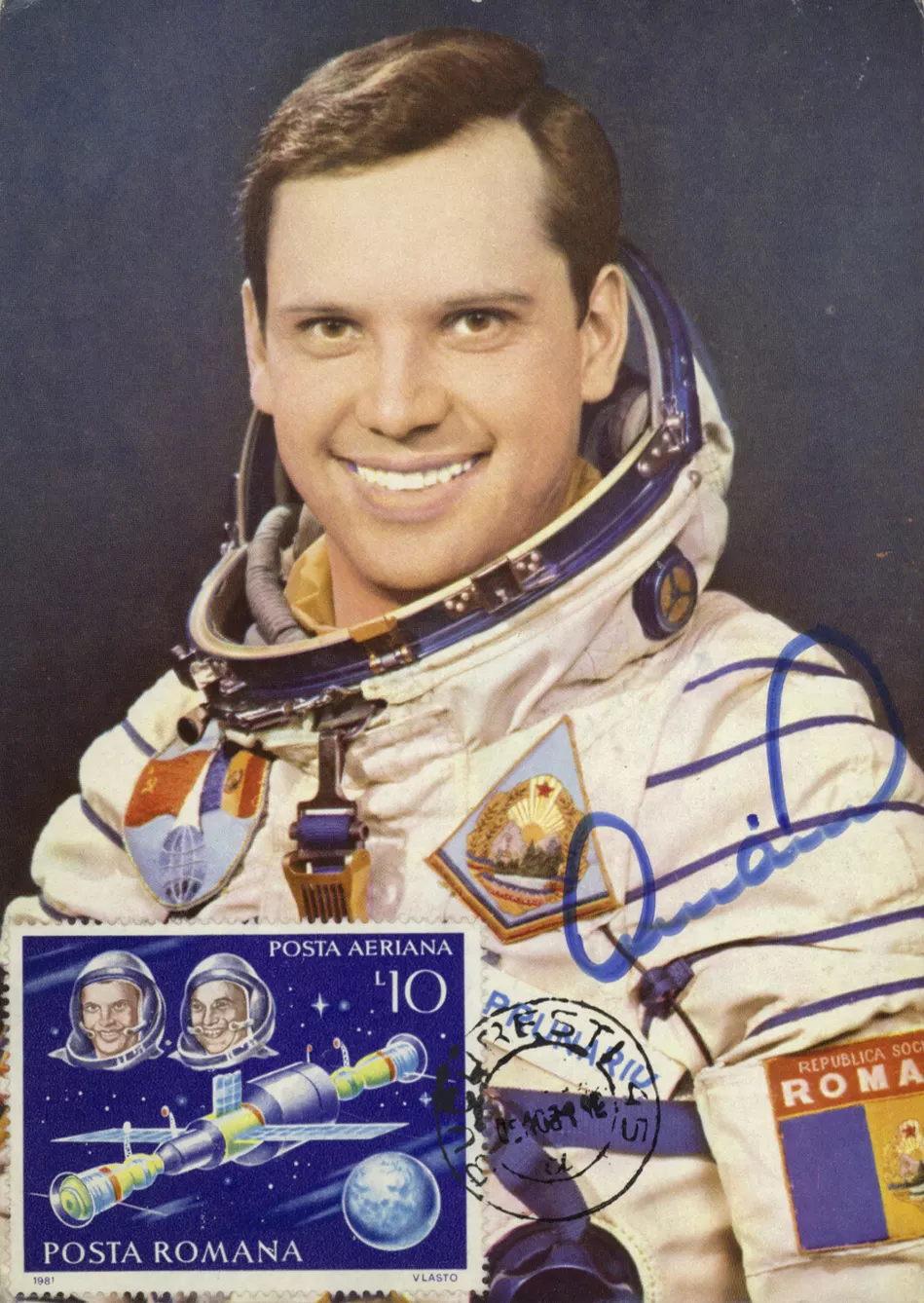
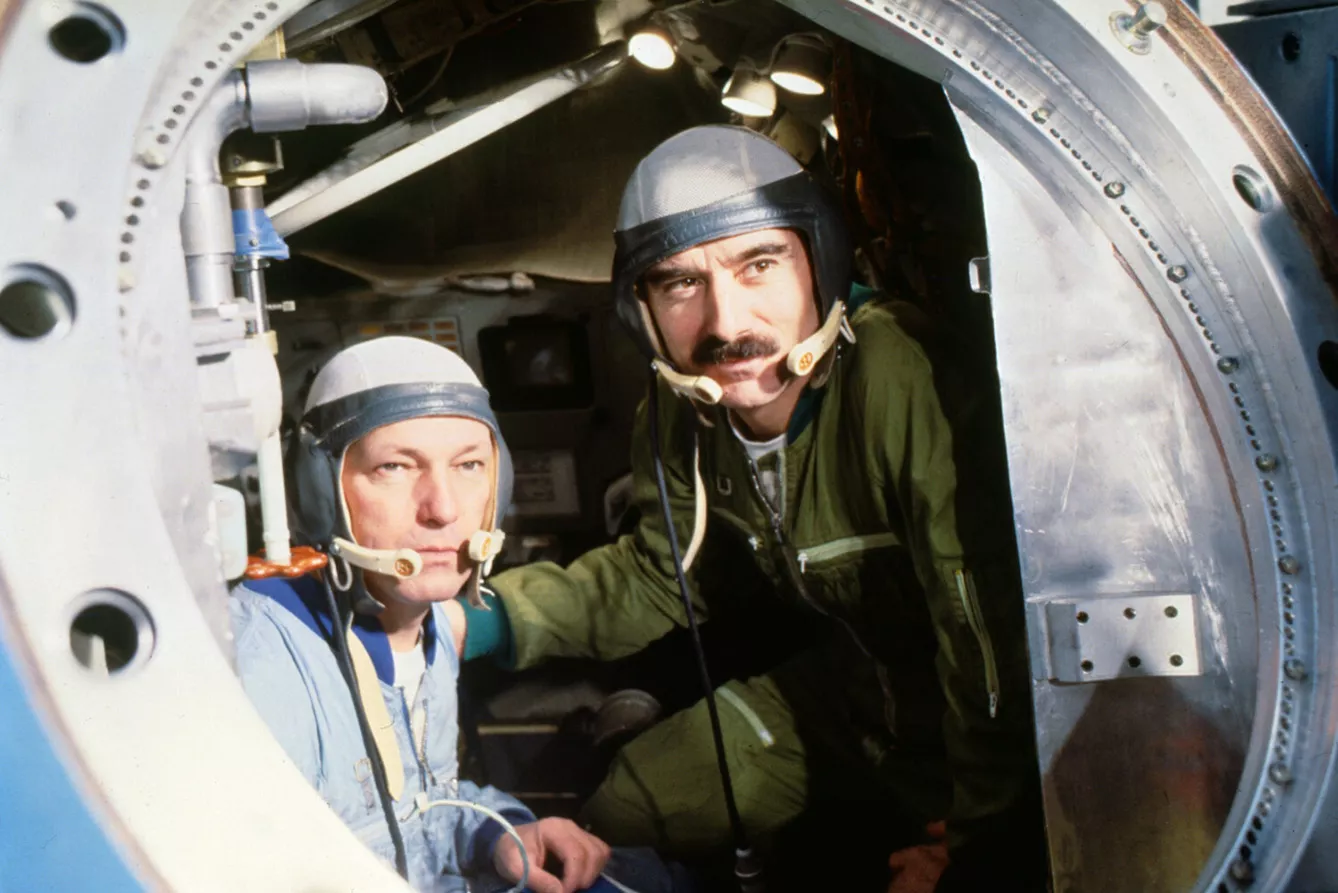
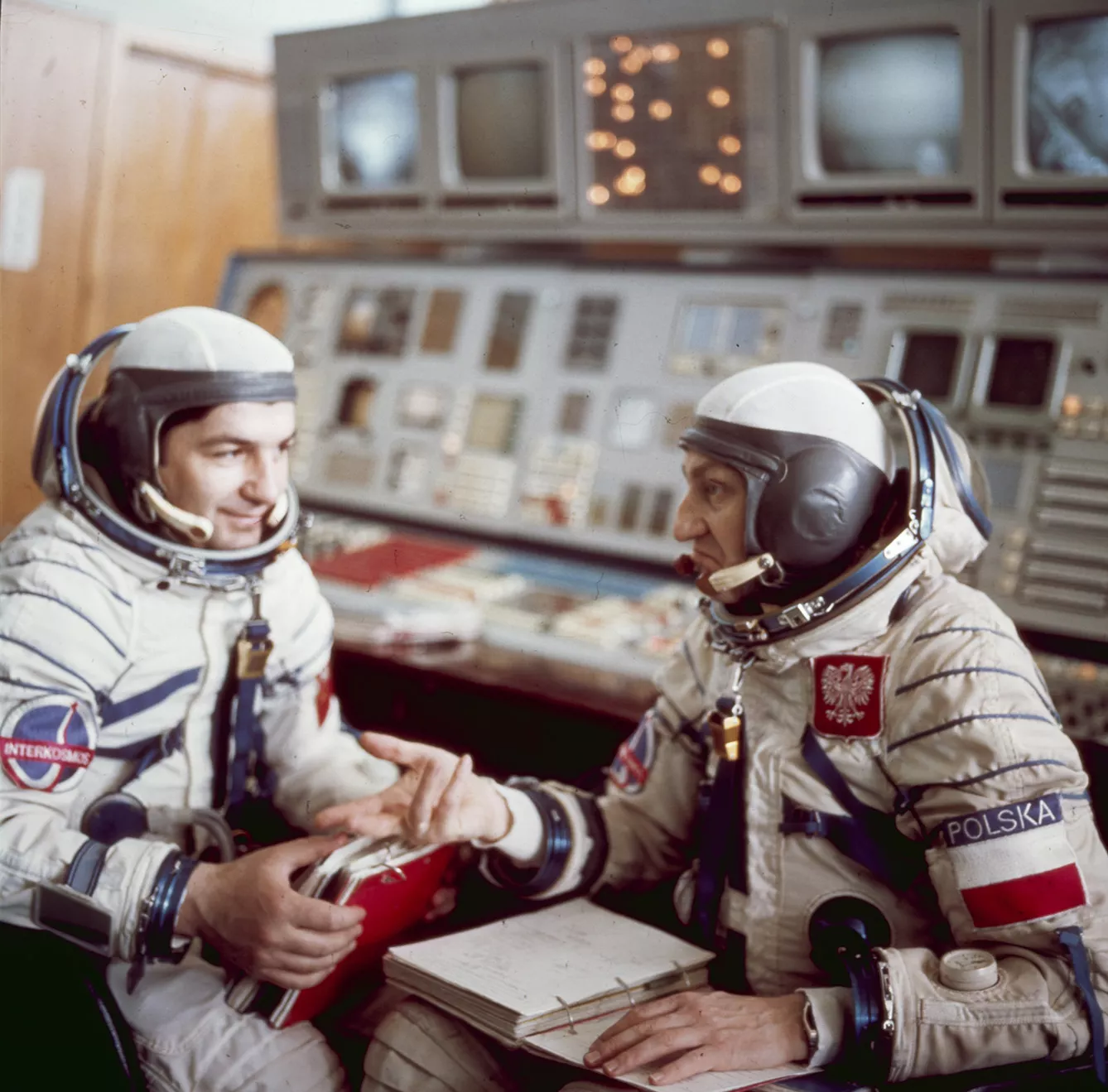
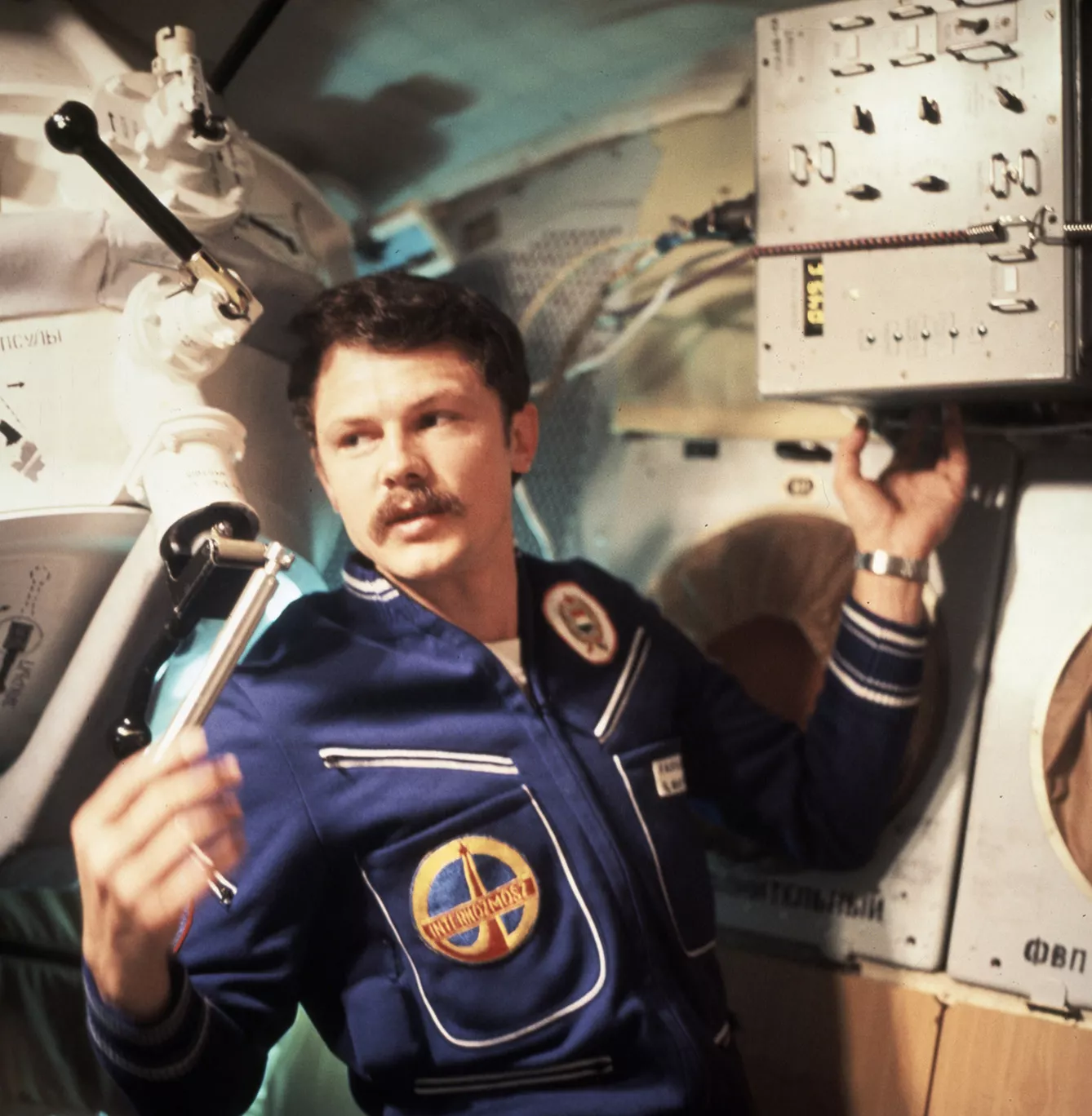
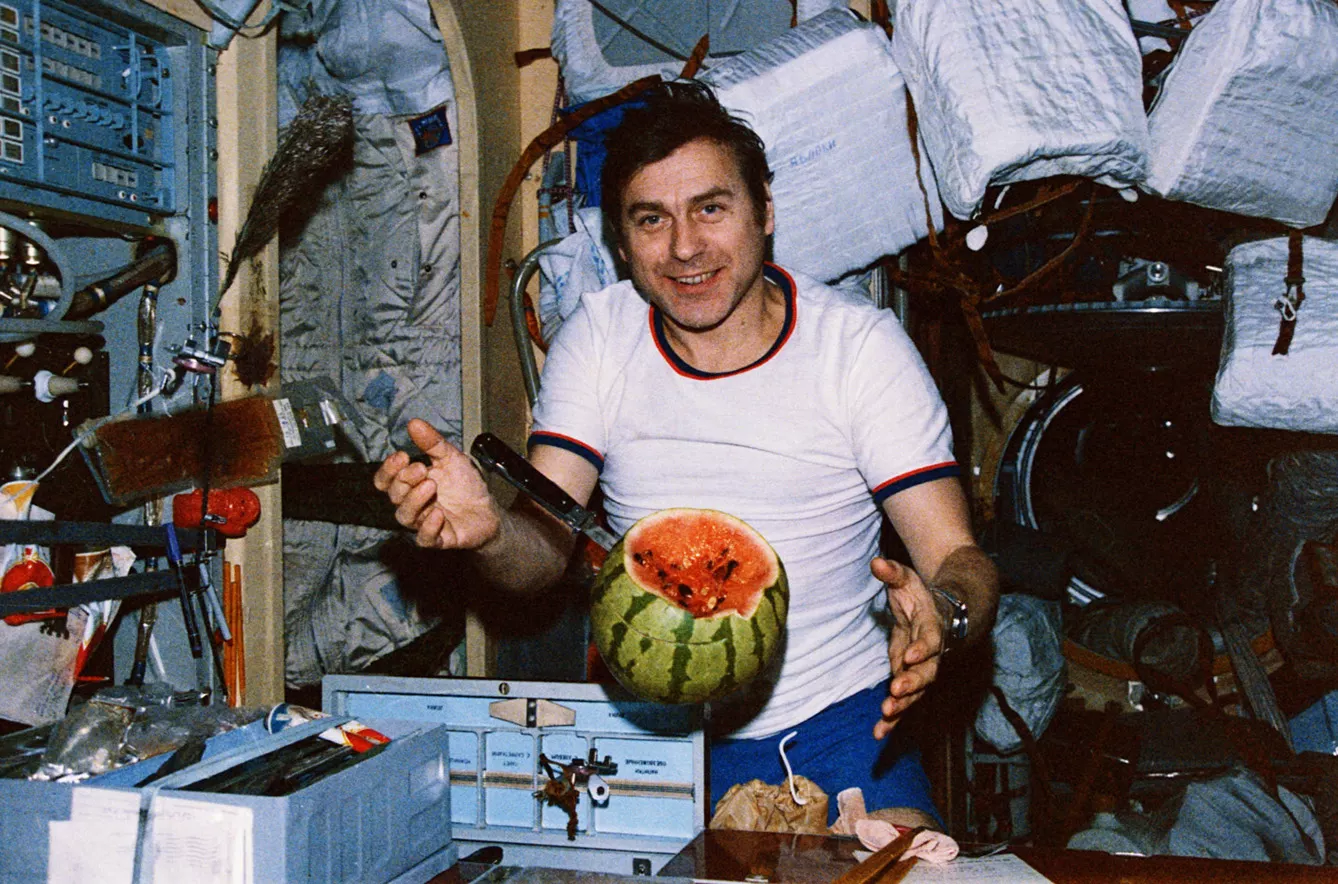
But the Soviet Union wasn’t technically a nation-state, consisting of dozens of ethnic groups. The idea behind Marxism-Leninism was that of communist internationalism in the spirit of social, rather than national, solidarity. This made the Soviet space program international within the Eastern Bloc.
Therefore, though Soviet cosmonaut training center Star City is some 25 kilometers from the center of Moscow, Austria, Bulgaria, Czechoslovakia, Hungary, Poland, and Romania had their first nationals – first Central Europeans – in space.
Interkosmos: Cosmonauts from around the world, unite!
In a typical Soviet manner, this sub-program was called Interkosmos (kosmos is space in Russian) and started forming in 1966. It was, by the way, truly “inter” – the effort was not limited to Soviet satellite states in Eastern Bloc but also extended to countries such as Afghanistan, Cuba, India, Syria, and Vietnam (and, to some contrast, France and Sweden).
When the states approved the program, the idea was that the Soviet Union would give its rockets and launching pad. At the same time, other countries would provide sputniks, scientific apparatuses, and cosmonauts themselves.
Spanning into the 1970s, the program sent to space such Central Europeans as Vladimir Remek (Czechoslovakian) and Mirosław Hermaszewski (Polish) in 1978. Georgi Ivanov (Bulgarian) followed in 1979, and Bertalan Farkas (Hungarian) in 1980. In 1988 Romania inaugurated its space presence with Dumitru Prunariu, and Bulgaria sent its second national, Aleksandyr Aleksandrow.
Each of these primary cosmonauts had their double, also trained in space exploration. Each stayed on one of the Soviet space stations – Salut 6, later Salut 7, and, eventually, Mir. All of them were born in the forties or fifties and are with us to this day.
Astronaut or cosmonaut?
There is, though, one Central European astronaut whose space career extends to the 1990s. Franz Viehböck (Austrian) was the first from his nation to enter space. He spent a week among the stars as a part of the mission Soyuz TM-13. Selected to go to space in 1989, he was a part of a space program of the country that eventually disbanded just two months after his mission.
Soon after his return, in 1992, he tried to return to space with the European Space Agency but failed to qualify. Nevertheless, space remained his area of interest and business activity. He worked with such American companies as Rockwell and Boeing. And perhaps his career can provide the best summary of the fate of the Soviet space program.


